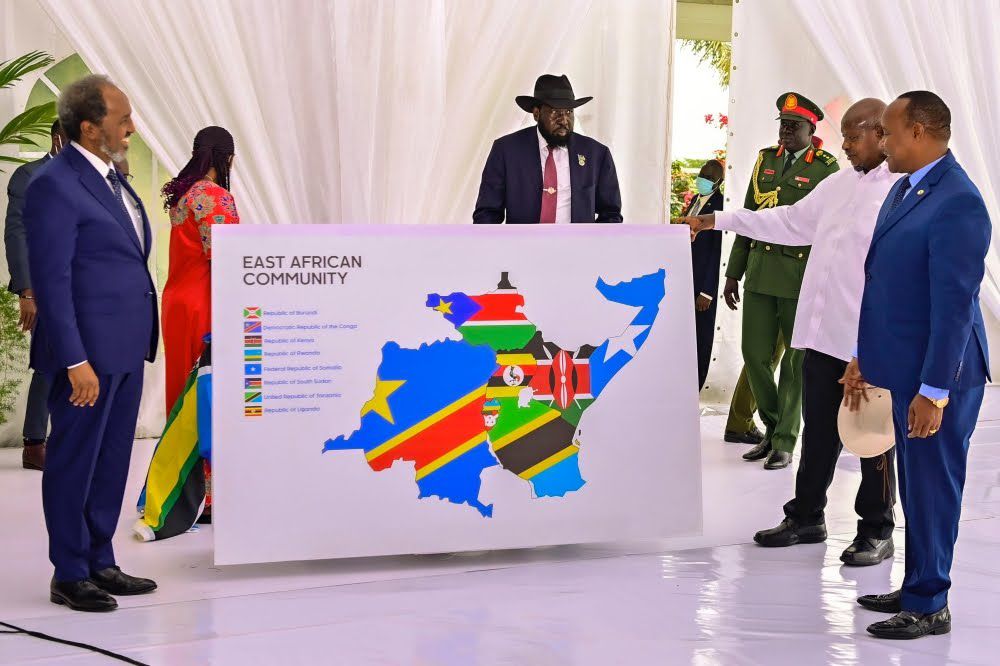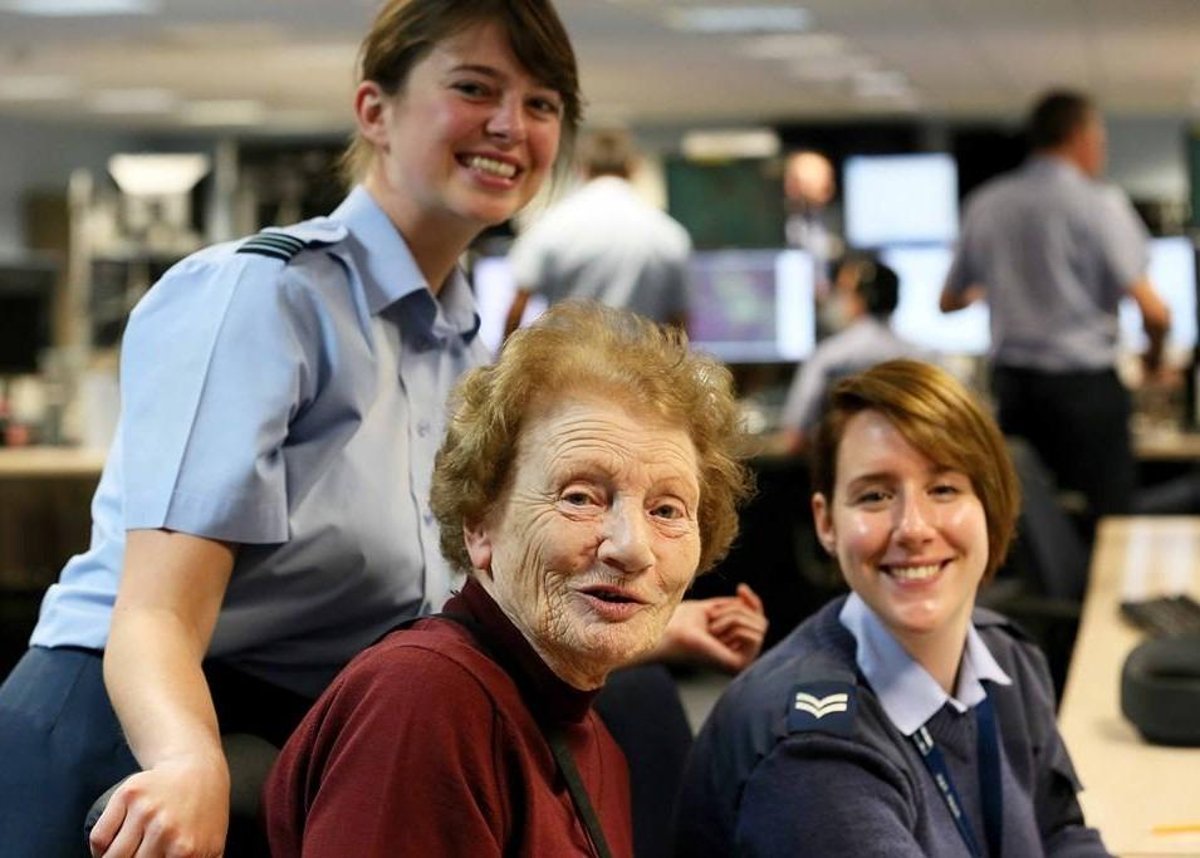Copyright puntlandpost

Garowe (Opinion) — The Federal Republic of Somalia officially joined the East African Community (EAC) on 4 March 2024, becoming the bloc’s eighth partner state at a ceremony held in Arusha, Tanzania. Somalia anticipated that membership in the EAC would contribute both to the bloc’s economic growth and to Somalia’s national development. Integration was expected to enhance key areas such as the customs union, common market, and eventual political federation, which other EAC members already enjoy. For example, Kenya has significantly benefited from EAC integration, positioning itself as a net exporter and dominating intra-regional trade volumes. Kenyan citizens also enjoy the benefits of free movement within EAC countries, traveling with only a national ID card under the bloc’s free movement protocols. Similarly, Uganda has gained from hosting major EAC institutions, including the East African Development Bank (EADB) and the Civil Aviation Safety and Security Oversight Agency (CASSOA). These institutions have contributed to Uganda’s economic development while creating employment opportunities for its citizens. By contrast, Somalia has yet to reap meaningful benefits from EAC membership [due to institutional constraints]. On 10 January 2025, the Daily Nation reported that Kenya has been the primary beneficiary of Somalia’s integration. Kenya recorded a historic trade volume of US$658 million (Sh85 billion) in the quarter to September 2024, compared to only US$154.26 million in exports to Somalia in 2023, according to United Nations COMTRADE. This represents more than a fourfold increase in Kenya’s exports within just one year of Somalia joining the bloc. Advocates of Somalia’s membership had argued that the country would gain access to larger markets and the freedom of movement within the EAC. On 24 November 2024, President Hassan Sheikh Mohamud described Somalia’s integration into the bloc as a “beacon of hope” that would create future opportunities and prosperity. However, the reality has been different. Instead of facilitating free movement, integration has resulted in greater restrictions for Somali citizens. Before joining the EAC, Somali passport holders paid US$100 for a single-entry visa. After integration, the fee increased to US$200, undermining the bloc’s core principle of free mobility. This outcome suggests that the integration has disproportionately benefited other EAC members—particularly Kenya and Uganda—while placing additional burdens on Somali citizens. Concerns over unequal treatment were further reinforced on 13 July 2025, when Kenya announced the removal of visa requirements for all African nations, granting free stays of up to two months—with the exceptions of Somalia and Libya. Given that EAC partner states are entitled to a six-month stay under existing free movement protocols, this decision has been viewed as evidence that Kenya, the bloc’s leading member, has promoted Somalia’s entry into the EAC primarily to advance its own national interests rather than fostering balanced regional integration. Sharmarke Abdullahi AliDirector of Capital CareBusiness consultant CorporationEamil: sharma@capitalcare.so © Puntland Post, 2025



